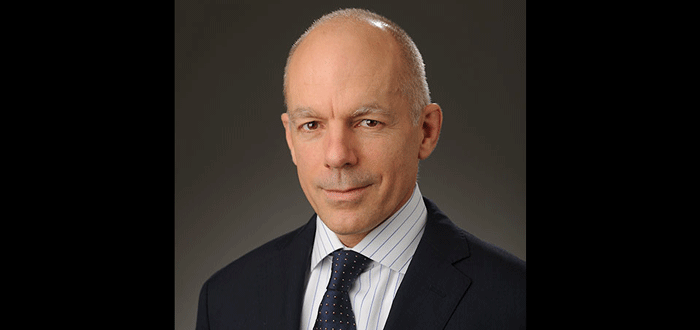Professor Jeffrey Colon was quoted in a Bloomberg article discussing questionable trade practices intended to dodge taxes.
Why would someone make such a large bet—five times bigger than any previous transaction in the fund—and then reverse it so quickly? It turns out that transfusions like these are tax dodges, carried out by the world’s largest asset managers with help from investment banks. The beneficiaries are the long-term investors in exchange-traded funds. Such trades, nicknamed “heartbeats,” are rampant across the $4 trillion U.S. ETF market, with more than 500 made in the past year. One ETF manager calls them the industry’s “dirty little secret.”
…
Bankers prefer to tie up their capital for as short a time as possible. But ETF managers worry that too brief a holding period would cause the IRS to deem the transaction a sham. Years ago, some banks were completing heartbeats in less than a day, a turnaround time that alarmed ETF tax lawyers. Most funds now insist bankers keep their money in for at least a single day. “The industry standard is 48 hours,” says James Brown, who counsels fund companies on taxes at Ropes & Gray in New York.Whether one day or two, the transactions may be vulnerable to an IRS challenge, says Jeffrey Colon, a tax professor at Fordham University School of Law in New York who’s written about ETF taxation. One question the agency might want answered, he says: Does the bank have some independent reason for this investment? If not, Colon says, “the only reason you’re doing this is to facilitate the avoidance of tax.”

